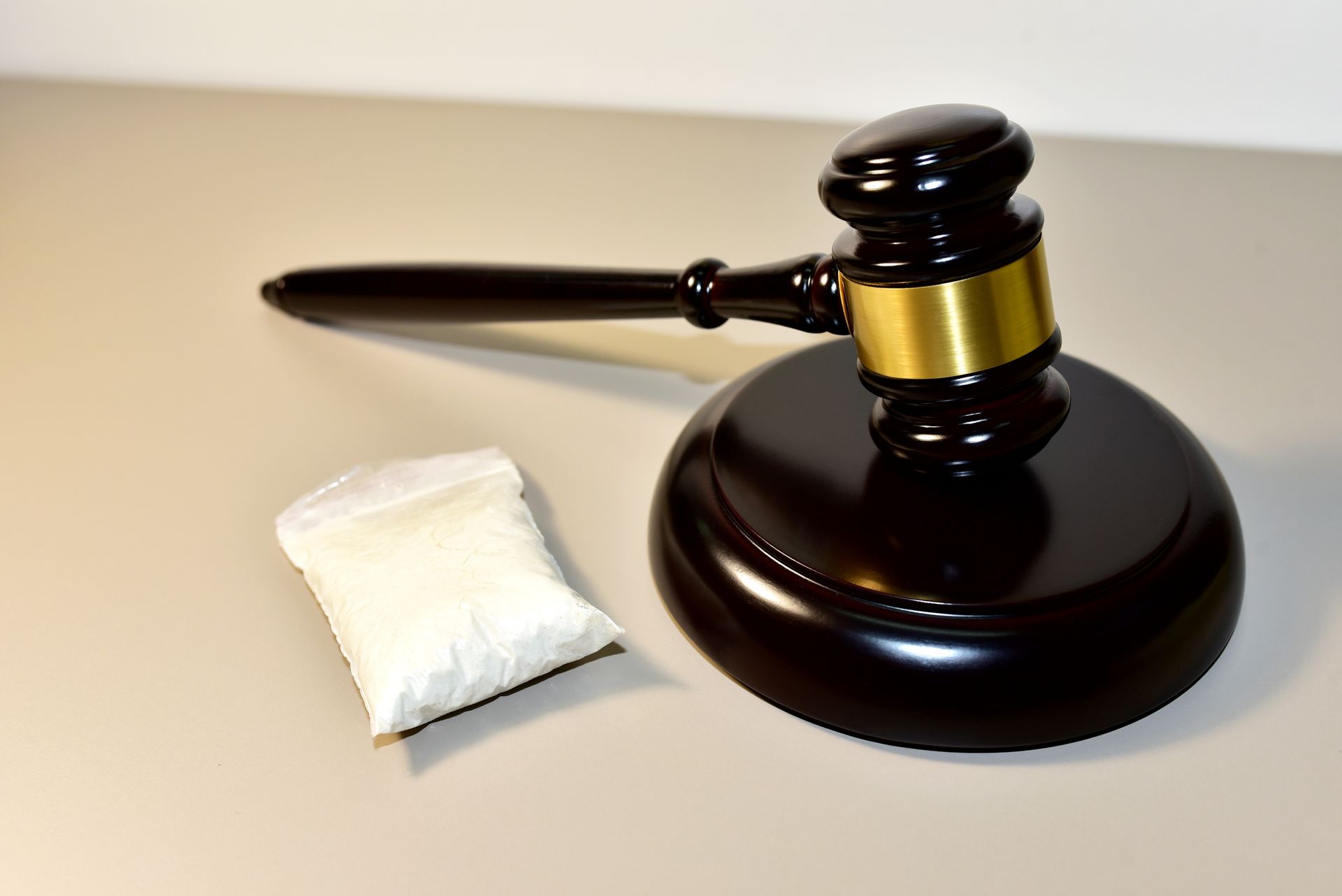Charged with a Misdemeanor in Fort Lauderdale? Here’s What Happens Next
Charged with a Misdemeanor in Fort Lauderdale? Here’s What Happens Next
Hearing the words “you’re under arrest” can be overwhelming—especially if you’re being charged with a misdemeanor in Fort Lauderdale. While some people may shrug it off as “just a misdemeanor,” the reality is far more serious. A conviction can result in jail time, a criminal record, and long-term consequences for your future employment, housing, and reputation.
If you or a loved one is facing a misdemeanor charge in Broward County, knowing what to expect can help you take control of your situation and make informed decisions.
What Is a Misdemeanor in Florida?
In Florida, crimes are categorized as either misdemeanors or felonies. Misdemeanors are considered less serious than felonies but still carry substantial legal penalties. They are typically punishable by up to one year in jail, probation, fines, community service, or a combination of these consequences.
Common misdemeanor charges in Fort Lauderdale include:
- DUI (first offense)
- Simple assault or battery
- Petty theft
- Possession of marijuana (under 20 grams)
- Disorderly conduct
- Trespassing
- Resisting arrest without violence
Even if the charge seems minor, a conviction can have lasting impacts.
Step 1: The Arrest
After a misdemeanor arrest, you may be:
- Taken to jail and booked (fingerprints, mugshot, background check)
- Released with a Notice to Appear (for minor offenses)
- Required to post bail before release
It’s essential to remain calm, say as little as possible, and request legal representation as soon as possible. Anything you say can be used against you in court.
Step 2: Arraignment
This is your first court appearance where you will:
- Hear the formal charges against you
- Enter a plea: Guilty, Not Guilty, or No Contest
- Learn your next court date
Do not enter a plea without speaking to a lawyer first. The outcome of your case starts with making the right decisions at every stage.
Step 3: Pretrial Process
Your attorney will begin gathering evidence, reviewing police reports, and identifying potential legal issues. This stage often involves:
- Filing motions to suppress evidence or dismiss charges
- Negotiating with prosecutors
- Exploring alternatives like diversion programs or plea deals (if in your best interest)
At Demmery Law, we examine every detail to uncover errors in procedure, rights violations, or weak evidence that may help resolve your case early.
Step 4: Trial or Resolution
If your case proceeds to trial, the prosecution must prove your guilt beyond a reasonable doubt. However, many misdemeanor cases can be resolved beforehand through:
- Case dismissal
- Plea agreement (with reduced charges or penalties)
- Pretrial intervention programs (for eligible first-time offenders)
Your attorney’s strategy will depend on your goals, the evidence, and the strength of your defense.
What’s at Stake With a Misdemeanor Charge?
Even if you avoid jail, a conviction can still:
- Appear on criminal background checks
- Affect your job applications
- Interfere with professional licenses
- Make it harder to rent housing
- Disqualify you from certain government programs
In many cases, charges can be reduced, dropped, or even expunged, depending on how your defense is handled.
Why Early Legal Help Matters
The choices you make in the first few days after a charge can shape the entire outcome of your case. Tanner Demmery is committed to helping you understand your rights and fight for the best possible result—whether that means a reduced sentence, dismissal, or a full acquittal.
He personally guides each client through the legal process, offering clear communication, strong courtroom presence, and a deep commitment to protecting your record and reputation.
Schedule Your Consultation Today
If you’ve been charged with a misdemeanor in Fort Lauderdale, don’t wait to get the help you need. You have options—and Demmery Law, PLLC is here to help you explore them.










